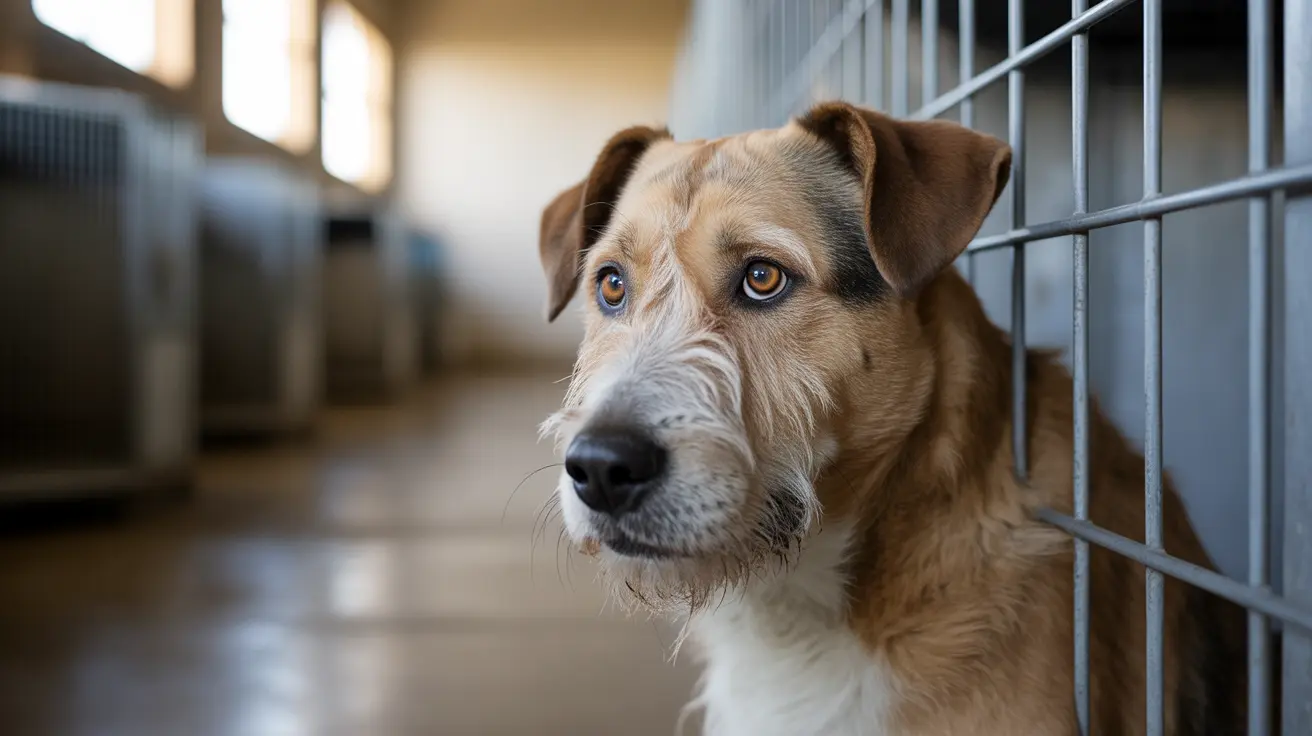French Bulldogs have become one of America's most beloved dog breeds, known for their distinctive bat ears, wrinkled faces, and charming personalities. However, these adorable companions come with a significant number of health challenges that every current or prospective owner should understand. This comprehensive guide explores the most common French Bulldog health issues and provides essential information for maintaining your Frenchie's wellbeing.
Understanding Brachycephalic Syndrome in French Bulldogs
The most significant health challenge facing French Bulldogs is Brachycephalic Obstructive Airway Syndrome (BOAS). This condition, affecting approximately 50% of the breed, stems from their characteristically flat faces and shortened skulls. The physical abnormalities include narrowed nostrils, elongated soft palates, and compressed airways, leading to various breathing difficulties.
Signs of BOAS include:
- Noisy or labored breathing
- Excessive panting
- Snoring
- Exercise intolerance
- Difficulty cooling down
- Potential collapse in severe cases
Digestive and Gastrointestinal Problems
French Bulldogs frequently experience digestive issues due to their unique anatomy and genetic predispositions. Common problems include chronic diarrhea, vomiting, and food sensitivities. Many Frenchies suffer from inflammatory bowel disease (IBD) and various food allergies that require careful dietary management.
Some Frenchies may develop more serious conditions like pyloric stenosis, which can require surgical intervention. Regular veterinary check-ups and a carefully planned diet are essential for managing these issues.
Skin Conditions and Allergies
The distinctive skin folds that give French Bulldogs their characteristic appearance can become breeding grounds for bacteria and yeast if not properly maintained. Skin fold dermatitis is particularly common and requires daily cleaning and maintenance to prevent infection.
Environmental and food allergies frequently manifest as skin problems, including:
- Itchy, irritated skin
- Hot spots
- Hair loss
- Recurring ear infections
- Secondary skin infections
Orthopedic and Spinal Issues
French Bulldogs are particularly susceptible to various musculoskeletal problems, with Intervertebral Disc Disease (IVDD) being one of the most serious concerns. Their unique body structure also makes them prone to hip dysplasia and patellar luxation.
Studies have shown that Frenchies are eight times more likely to suffer from elbow fractures compared to other breeds, highlighting the importance of careful handling and appropriate exercise routines.
Preventing Heat-Related Problems
Due to their compromised breathing apparatus, French Bulldogs are extremely sensitive to heat and can quickly develop heatstroke. Owners must take special precautions during warm weather, including:
- Limiting outdoor activity during peak heat hours
- Ensuring constant access to fresh water and shade
- Using cooling mats or vests when necessary
- Never leaving them in parked cars
- Monitoring for signs of overheating
Frequently Asked Questions
What are the most common French Bulldog health issues I should watch for as a pet owner?
The most common health issues include breathing problems (BOAS), skin fold infections, allergies, digestive issues, and spinal problems. Regular veterinary check-ups can help catch these issues early.
How can I help my French Bulldog breathe easier and reduce the risk of brachycephalic syndrome?
Maintain a healthy weight, avoid exercise in hot weather, use a harness instead of a collar, and keep your home cool. Consider surgical correction if breathing problems are severe.
What should I feed my French Bulldog to prevent digestive problems and allergies?
Choose high-quality, easily digestible food specifically formulated for French Bulldogs. Work with your veterinarian to identify any food allergies and develop an appropriate diet plan.
How do I clean and care for my French Bulldog's skin folds to avoid infections?
Clean skin folds daily with pet-safe wipes or a damp cloth, thoroughly dry the areas, and watch for signs of irritation or infection. Some dogs may benefit from medicated products recommended by their vet.
Why are French Bulldogs more sensitive to anesthesia, and what should I discuss with my vet before procedures?
Their flat faces and narrow airways make them prone to complications during anesthesia. Discuss your dog's specific risks, ensure your vet has experience with brachycephalic breeds, and ask about special monitoring protocols during procedures.
Understanding these health challenges is crucial for providing the best care for your French Bulldog. While these issues may seem daunting, many can be managed successfully with proper veterinary care, prevention, and ongoing maintenance. Working closely with your veterinarian and staying informed about your Frenchie's health needs will help ensure a happy, healthy life for your beloved companion.






